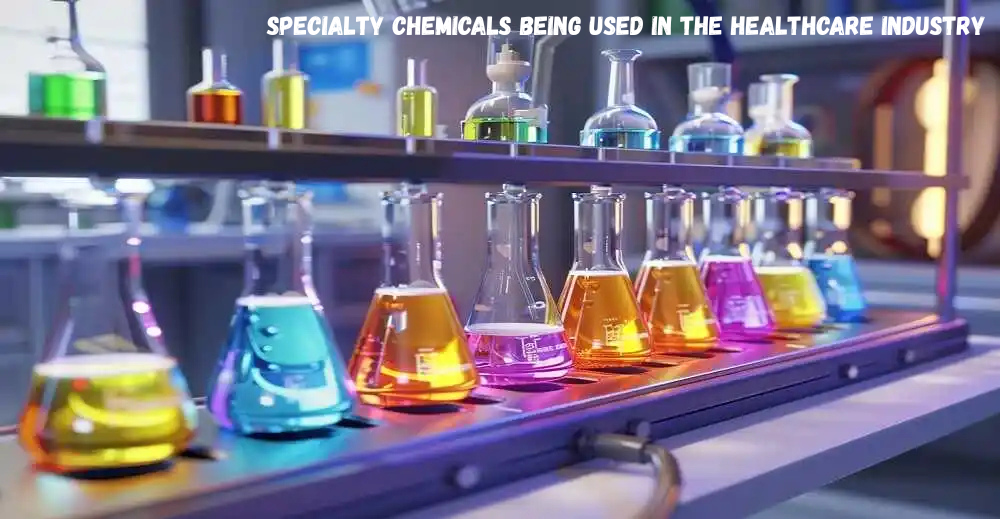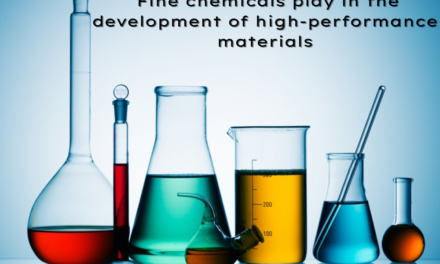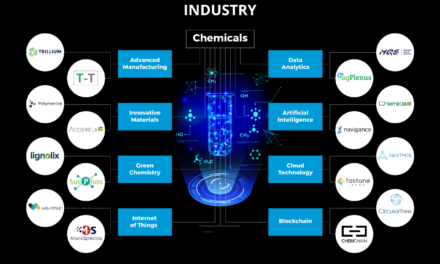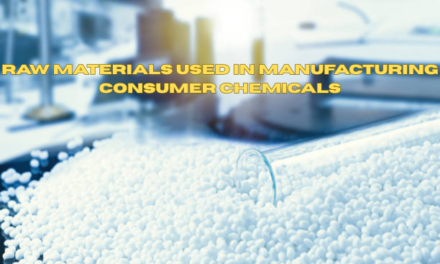Specialty chemicals play a critical role in the healthcare industry by enabling the development of advanced medical products, improving patient outcomes, and supporting healthcare infrastructure. Here’s how they are being used:
1. Pharmaceutical Formulation:
- Excipients: Specialty chemicals like binders, fillers, and disintegrants improve drug stability, absorption, and controlled release.
- Active Pharmaceutical Ingredients (APIs): High-purity specialty chemicals form the core of medications.
2. Medical Device Manufacturing:
- Biocompatible Polymers: Used in prosthetics, catheters, and implantable devices.
- Adhesives and Coatings: Specialty chemicals ensure durability, sterility, and non-reactivity in medical devices.
3. Disinfection and Sterilization:
- Antimicrobials: Chemicals like hydrogen peroxide, ethanol, and quaternary ammonium compounds are used for sterilizing surfaces and medical tools.
- Sanitizers and Cleaners: Specialty cleaning agents are essential for maintaining hospital hygiene.
4. Diagnostics and Imaging:
- Reagents: Specialty chemicals are critical in diagnostic kits, enabling accurate detection of diseases.
- Contrast Agents: Used in imaging techniques like MRI, CT, and X-rays to enhance visibility of tissues and organs.
5. Wound Care and Drug Delivery:
- Hydrogels and Polymers: Specialty chemicals create advanced wound dressings that provide moisture and promote healing.
- Controlled Release Systems: Chemicals enable targeted and sustained drug delivery through nanoparticles, patches, and injectable systems.
6. Vaccines and Biologics:
- Stabilizers and Preservatives: Ensure the efficacy and safety of vaccines during storage and administration.
- Buffer Systems: Maintain pH stability in biological formulations.
7. Healthcare Textiles:
- Antimicrobial Coatings: Applied to surgical gowns, masks, and linens to prevent infection.
- Hydrophobic and Breathable Materials: Used in advanced healthcare textiles for comfort and protection.
8. Laboratory and Research Applications:
- Chemical Reagents: Critical for conducting biochemical analyses, cell culture, and genetic research.
- Chromatography Media: Used for purifying drugs and studying molecular interactions.
9. Personal Protective Equipment (PPE):
- Polymers and Elastomers: Specialty chemicals are used in manufacturing gloves, face shields, and respirators.
- Antifogging and Antistatic Coatings: Improve the usability of PPE.
10. Biocompatible Materials:
- Synthetic and Natural Polymers: Used in tissue engineering and regenerative medicine.
- Specialty Adhesives: Enable secure bonding in surgical applications and medical devices.

















